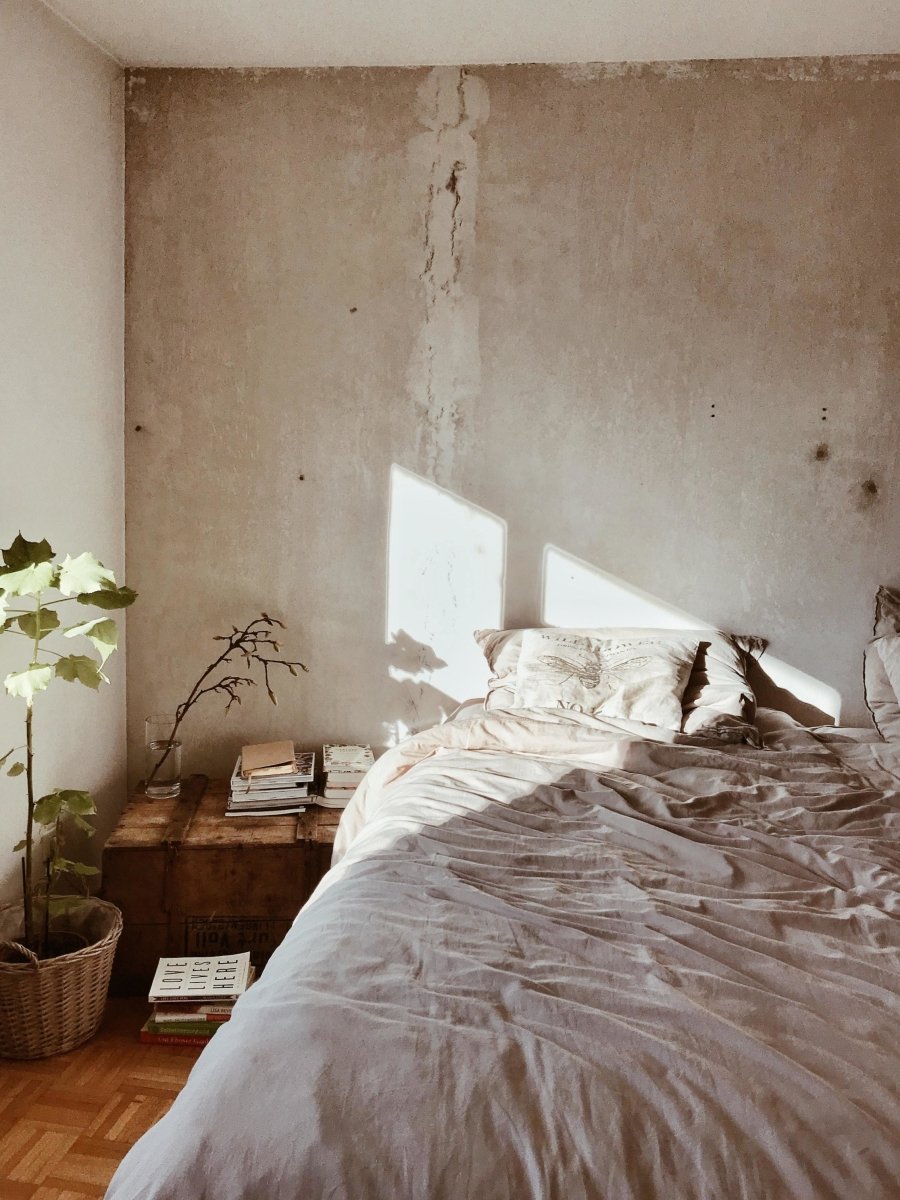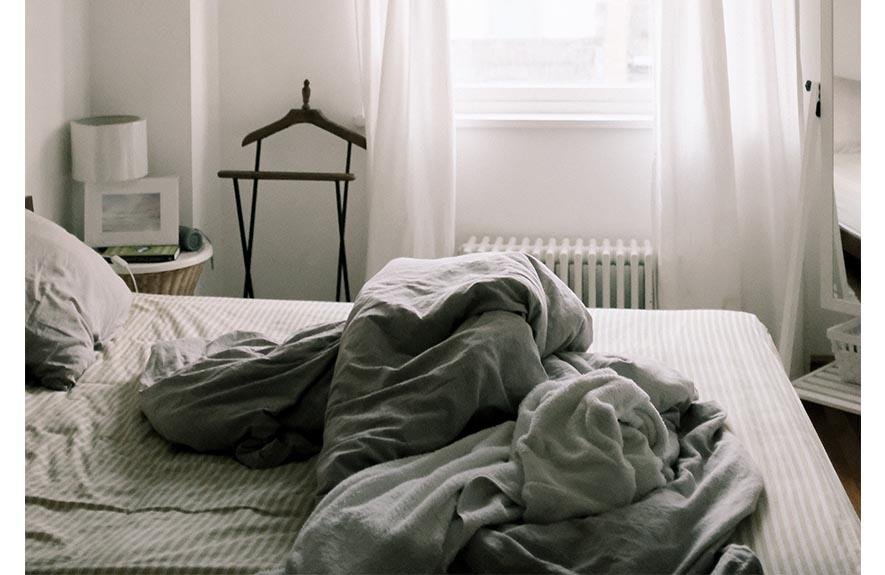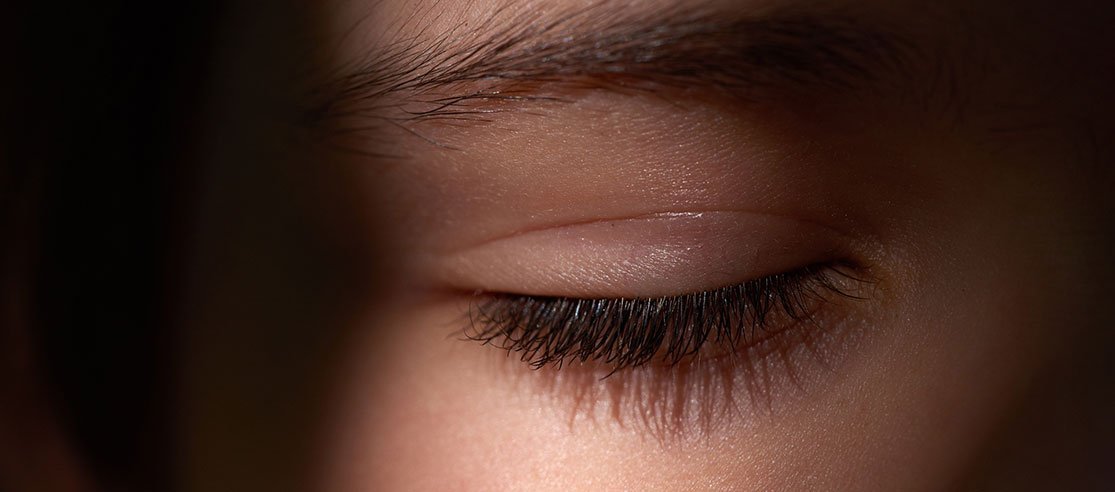
Why common sleep issues happen
Problems with sleep can impact our daily lives in countless ways. Poor sleep can affect our ability to concentrate, alter our mood, hinder our responses, influence our dietary choices (causing us to opt for high sugar or high caffeine food and drink), and can perpetuate and exacerbate feelings of anxiety and stress.
However, while everyone has experienced a poor night’s sleep, regular sleep issues can be indicative of a deeper problem. Different issues with sleep, whether it’s difficulty in dropping off, restless nights, or poor quality sleep, can be caused by a number of factors:
Can’t fall asleep
Being unable to drift off even when you feel tired can lead to long sleepless nights and a negative impact on your mood, concentration and feelings of wellbeing. An inability to fall asleep can be caused by:
- Health or Medical Problems - Underlying health conditions such as chronic pain, cancer, Parkinson’s disease, asthma or allergies can all cause conditions that make it difficult to sleep. It’s advisable to speak to your health professional about how your condition is affecting your sleep and work with them to find a solution.
- Caffeine and Sugar – the effects of caffeine can last up to eight hours, meaning that drinking coffee too late in the day can cause you to struggle to get to sleep. Many people switch to caffeine-free alternatives such as herbal teas after lunchtime to support a good night’s sleep. Studies have also suggested that eating sugar before bed can cause disrupted sleep, and can lull you into a vicious cycle of increased sugar intake – disrupted sleep causes us to reach for energising, sugary foods, which in turn causes disturbed sleep, and can also lead to obesity and other health problems. Chocolate contains both caffeine and sugar, so avoiding eating large amounts close to bedtime can help you sleep better.
- Anxiety and Stress – mental health affects your sleep and vice versa. Sufferers of anxiety and depression, and those feeling stressed or overworked, can have difficulty falling asleep due to racing thoughts, worrying, an inability to relax, and panic or anxiety attacks. The resulting lack of good quality sleep can then work towards worsening the symptoms of anxiety and depression and can exacerbate feelings of stress. Working to treat your mental health conditions first and foremost through your health professional is important, but also ensuring you have a relaxing bedtime routine, such as taking a bath, meditating or reading before bed can all help to relax the mind ready for sleep.
- Sleep Environment – your sleeping arrangement has a huge impact on how easily you fall asleep. Factors such as the comfort of your bed, the temperature, light, and noise levels all play a part in supporting a good night’s sleep. Ensure you have a comfortable mattress and the sheets are clean and feel good to touch. Smell is also an important factor, as different fragrances can trigger different reactions in the brain and hormones; lavender and chamomile scents have been proven to support sleep.

Waking up in the night
Restless sleep and waking up in the night means that your body is not spending enough time in each of the sleep stages, meaning poor quality sleep and a negative effect on your daily life. If you’re finding you’re regularly waking up in the night or experiencing restless sleep, it may be due to:
- Alcohol – while an alcoholic drink can help you get to sleep initially, alcohol can cause a disturbed night’s sleep and can wake you up as its effects wear off. Additionally, studies have shown that alcohol can cause you to stay in a deep sleep stage, not allowing you to reach the important and restorative REM sleep stage, meaning you’re likely to feel exhausted throughout the day, too.
- Sleep Apnoea – tissues in your mouth and airway that obstruct your breathing can cause sleep apnoea, the symptoms of which include loud and regular snoring, and difficulty breathing whilst sleeping. Sufferers of sleep apnoea find that their sleep is disturbed as their brain is continually keeping them awake enough to continue breathing, and sometimes waking them up completely. Consulting a health professional is the safest course of action if you think you might be suffering from sleep apnoea.
- Electronics – keeping your phone or other electronic device by your bed can cause you to wake up in the night. Switching it to silent mode can help, however the blue light from your electronics can trigger receptors in your brain, causing you to wake up, as well as disrupt your body’s production of melatonin, making it more difficult to fall back to sleep again.

Tired throughout the day
Even if you’ve slept for the recommended 7-9 hours, you may still feel tired throughout the day. This could be due to poor quality sleep, meaning your body has not spent enough time in each of the sleep stages vital for restoring, refreshing and repairing your body and mind for the day ahead. This could be due to:
- Diet – various studies have shown that eating a large meal straight before bedtime can disrupt your sleep patterns and affect your body’s ability to reach deeper stages of sleep, meaning you’ll feel less refreshed in the morning and will likely be tired through the day.
- Daylight – staying indoors all day or working under artificial lights can affect your body’s natural sleep cycles. Exposing yourself to morning sunlight can help to establish a waking and sleep cycle, meaning you’ll have a better quality sleep at night and more energy through the day.
- Unusual sleeping hours – sleeping at unusual times can affect the quality of your sleep, even when you’re sleeping the recommended amount. This is due to your body’s circadian rhythms, meaning that sleeping during the day or at irregular times can cause poor quality sleep, as your body is designed to be awake when it’s light and sleep when it’s dark. Shift workers who work in the evenings or overnight can find that their sleep is disrupted due to this.
For most sleep problems, establishing a bedtime routine that works for you can improve your sleep exponentially. Finding time to relax, controlling your intake of stimulants, sticking to a regular sleep pattern, and ensuring a dark, cool quiet and comfortable sleep environment can all help to regulate your sleeping and keep you energised and performing at your best through the day.
At anatomē, our modern apothecary products can support your sleep and promote relaxation. Take a look at our range of botanical essential oil blends, herbal teas and sleep supplements to help create a night time routine for the best sleep possible.




